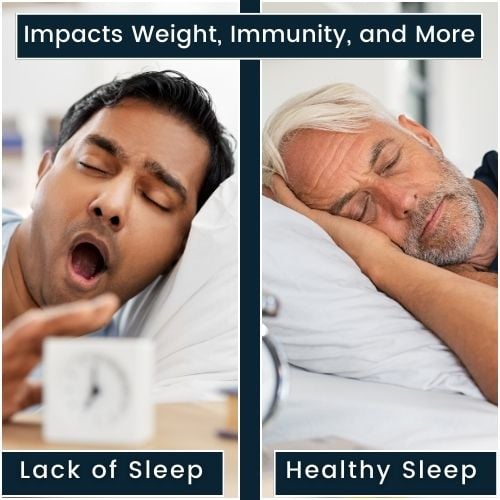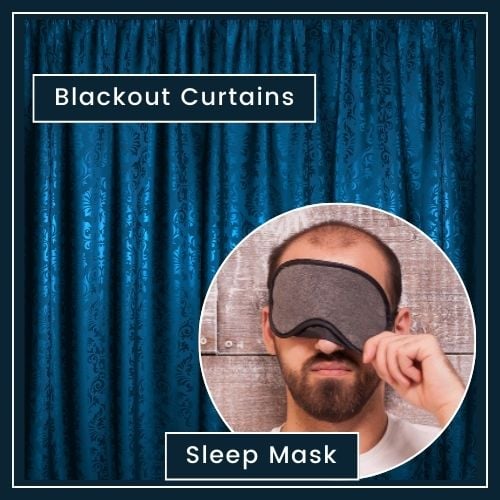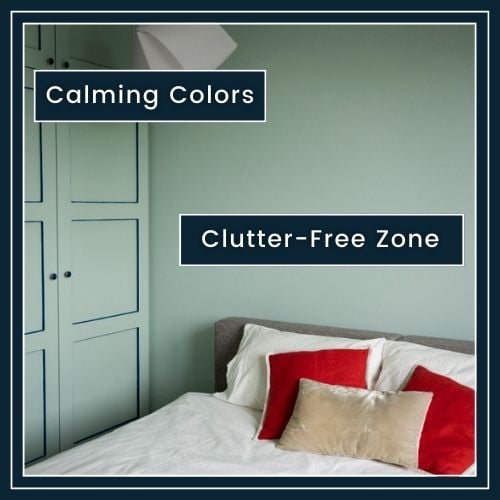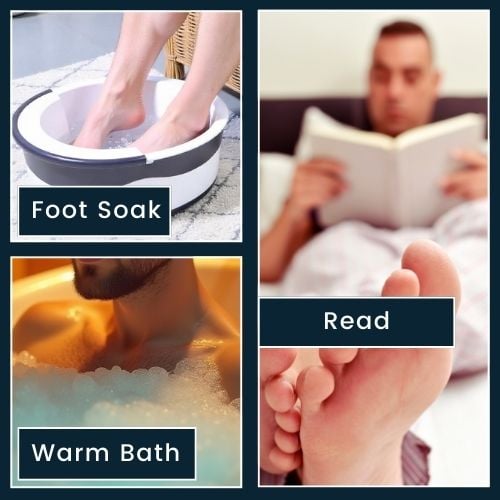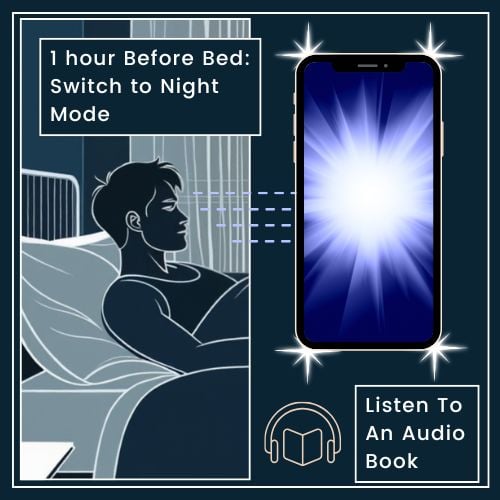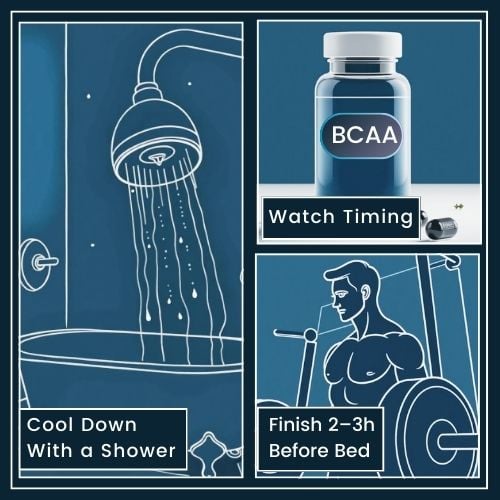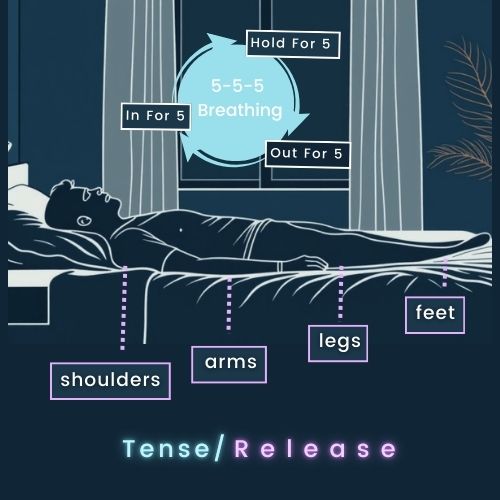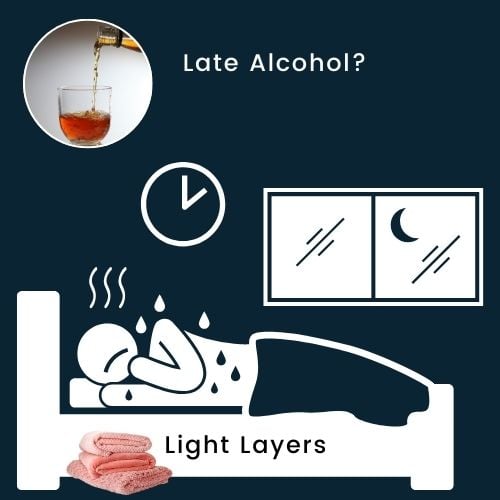
How to Deal with Night Sweats
You've got your room cool, but still wake up glistening? Night sweats hit way more guys than you'd think. That evening glass of whiskey might help you fall asleep, but alcohol is famous for causing night sweats.
Pre-workout supplements can do the same thing, especially if you take them after 4pm. And those thick winter duvets? Switch to layers you can peel off - like a light blanket with a throw on top.
Pre-workout supplements can do the same thing, especially if you take them after 4pm. And those thick winter duvets? Switch to layers you can peel off - like a light blanket with a throw on top.

